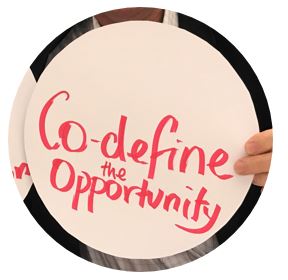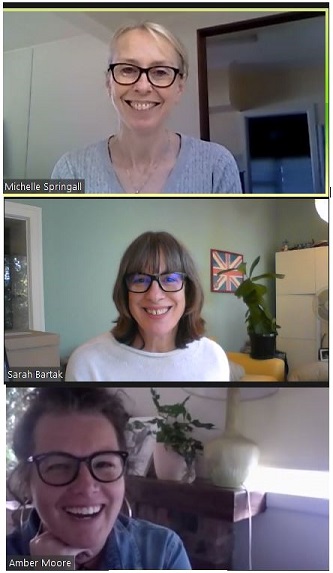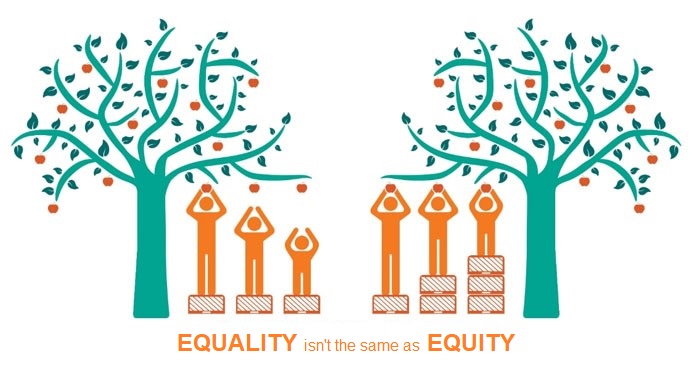2020 has been a watershed year that has pushed the boundaries of how we live and how we work. Towards the end of 2019, we upgraded our grants database to a new online version that required us all to get out of our comfort zone. In February, we farewelled Lea-Anne Bradley after six years at HMSTrust, and welcomed Amber Moore onto the team. Within a week of Amber starting, we were all working from home, learning how to work remotely and becoming experts in Zoom meetings. Soon we would discover just how agile the Trust could be with its grantmaking. At the time, we thought we would be back in the office by July – little did we know…
Our regular grants
Although it seems a lifetime ago, we held a successful Impact Grant round in November 2019, with 12 grants approved for almost $2.2m. While our Impact Grants are highly competitive with only 6-7 grants at this level approved each year, implementation of a new timetable for our 2020 grant rounds meant additional funds were available for Impact Grants and we were able to award a higher number.
In April, 24 new projects received small grants of up to $30,000 through our One-off Grants. Applications were made prior to the COVID-19 pandemic and accordingly, delivery plans for many of the projects had to be postponed. Again, with so many unknowns at the time, flexibility was key for both us and our grantees.
In June, we were delighted to learn that Victorian master weaver, Glenda Nicholls, was awarded the 2020 Hutchinson Indigenous Fellowship. The Fellowship was established at the University of Melbourne in 2014 in honour of our former chairman and trustee, Darvell Hutchinson AM, following his retirement after 50 years. This year’s Fellowship aligns with a major commission, Miwi Milloo (Good spirit of the Murray River) in 2020 as part of the National Gallery of Victoria’s (NGV) Triennial exhibition (Dec 2020-April 2021), where the University of Melbourne is Research Partner. Glenda is a Waddi Waddi, Ngarrindjeri and Yorta Yorta artist based in the Swan Hill region of Victoria.
“This fellowship will help me to keep telling stories of everyday life happenings of mine and my family, friends, work, community and COVID-19. Like so many others I’ve been affected emotionally and physically by current events and these themes will be intertwined and woven into my artwork,” Ms Nicholls said.
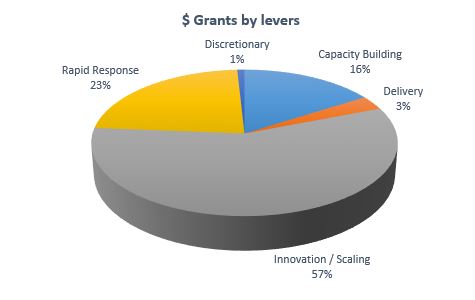 Shifts in our grantmaking
Shifts in our grantmaking
Our grantmaking continues to shift away from project delivery towards early stage support, from the incubation of ideas and prototyping to piloting and scaling, and we continue to support building the capacity of organisations to enable them to better serve their communities and build a sustainable business model.
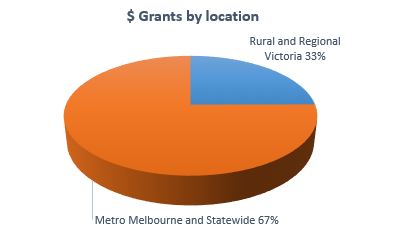 Rural and regional Victoria remains a priority focus for the Trust, reflecting one of the primary sources of Helen’s bequest. 19 grants for a total of $1.2m were approved for direct benefit of rural and regional Victoria, representing 33% of the year’s distributions. Going forward, a minimum 35% annual distribution target, averaged over rolling three-year periods, has been allocated to initiatives that directly benefit rural and regional Victorian communities.
Rural and regional Victoria remains a priority focus for the Trust, reflecting one of the primary sources of Helen’s bequest. 19 grants for a total of $1.2m were approved for direct benefit of rural and regional Victoria, representing 33% of the year’s distributions. Going forward, a minimum 35% annual distribution target, averaged over rolling three-year periods, has been allocated to initiatives that directly benefit rural and regional Victorian communities.

